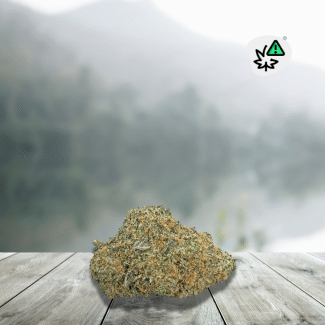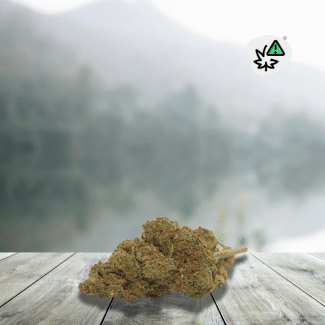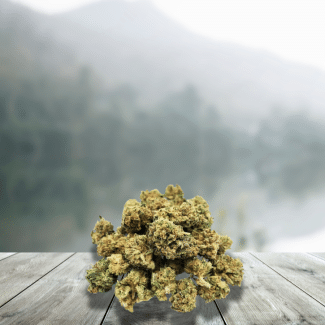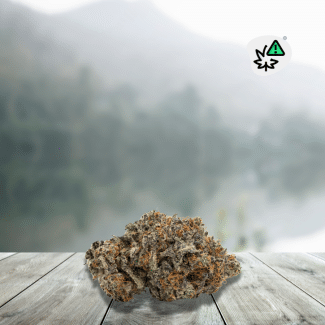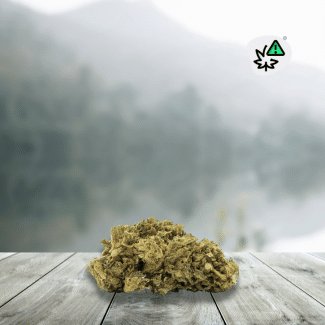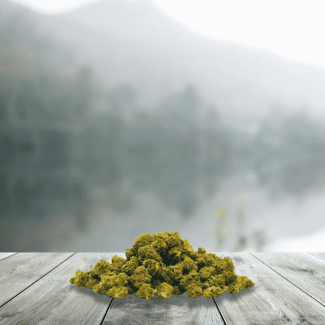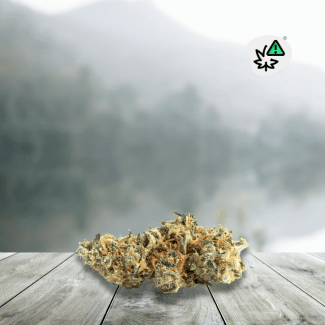
On April 8, 2025, the government led by Giorgia Meloni officially adopted a new "security decree" , prohibiting production, marketing and even the detention of hemp flowers - including those containing less than 0.3 % of THC, in total contradiction with European law. This brutal decision marks a historic decline for one of the most promising sectors of Italian agriculture. And through it, all the agricultural, rural and entrepreneurial fabric is struck.
🌿 Italian CBD: an agricultural and economic pillar
Since law 242 of 2016, Italy had raised itself among the European leaders in the culture of hemp. This text had enabled farmers to cultivate certified hemp varieties, promoting the birth of more than 3,000 companies spread throughout the territory, generating 30,000 direct jobs and an annual turnover of 2 billion euros . The majority of these income came from the sale of flowers rich in CBD , used in non -psychoactive products (infusions, raw flowers, vaporization).
The new legislation destroys this dynamic. Overnight, stocks have become illegal, hundreds of shops are closing, and many farmers find themselves exposed to criminal proceedings to have simply cultivated ... Hemp authorized by Europe.
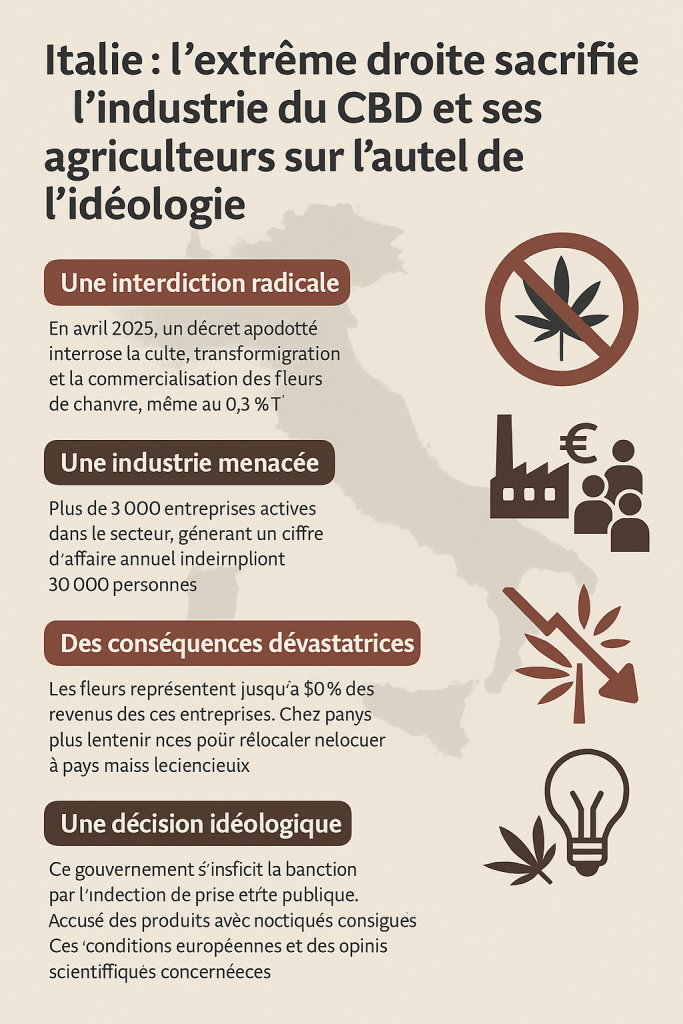
⚖️ A decision contrary to European law
The CBD, according to the judgments of the Court of Justice of the European Union (CJEU), is not considered to be an amazing , provided that the THC rate is less than 0.3 %. The Italian decree goes against this case law.
The Meloni government justifies its decision by public security arguments. But these justifications do not face scientific data: the World Health Organization (WHO) clearly indicated that the CBD has no risk of dependence or abuse . This ban therefore seems more ideological than health.
🏴☠️ An ideological crusade against farmers
This decree is part of a broader strategy of the European radical right, which seeks to marginalize everything related to hemp, medical cannabis or alternative natural substances. In Italy, this choice weighs the weight of repression not on cartels, but on rural producers, family entrepreneurs, local laboratories . The message is clear: "Produce what you are told, or shut up. »»
The paradox is obvious. While the Italian government defends local agriculture in other sectors, here it knowingly torpedits an entire part of its rural economy . In reality, this decree embodies a desire for authoritarian control of society, to the detriment of science, market and economic common sense.
🔁 Leak of talents and relocations
Faced with this decision, many Italian companies have no choice but to transfer their activity . Switzerland, the Czech Republic or Portugal appear as legal shelters to pursue an activity, which is 100 % legal according to European law. These relocations represent a dry loss of skills, investments and taxation for Italy.
Young entrepreneurs, often engaged in sustainable projects, see years of work swept by an administrative signature. A real "legal robbery" of an emerging economic sector.
✊ An organized resistance ... but ignored
Associations such as Canapa Sativa Italia , Confagricoltura or Coldiretti immediately denounced the decree. Demonstrations, press releases, petitions ... Nothing was enough to bend the government. This political deafness demonstrates an assumed desire to break an agricultural model based on autonomy, diversification and innovation.
These associations recall that the CBD sector is a pillar for rural areas, often affected by monoculture or economic devitalization. Through hemp, it was a future agriculture that had risen, respectful of the environment, weakly consumer of water, useful for soil regeneration.
🌍 A two -speed Europe: progress vs regression
While Germany legalizes recreational cannabis in 2024, that France timidly developed its CBD market, and Switzerland massively exports its hemp products, Italy folds up on a repressive model.
The contrast is striking: instead of adapting to the evolution of the European market, Italy itself cuts itself off from commercial outlets and international scientific collaborations. A mess denounced by economic observers, but hailed by the most conservative movements of the government coalition.
📉 The consequences for Europe
This Italian decree sends a bad signal to the rest of Europe. He proves that despite community directives, a Member State may, by unilateral decision, destroy a sector yet supervised, legal and booming.
French professionals are concerned: this precedent could inspire other populist governments to ban hemp under the pretext of security, even though this sector embodies a solution for the agricultural, medical and industrial future.
✅ What to remember
-
On April 8, 2025, Italy completely prohibited hemp flowers, even at low THC levels.
-
This decision directly threatens 30,000 jobs and 3,000 companies.
-
It goes against European standards and WHO recommendations.
-
It reflects an ideological posture of the extreme right, more than a rational choice.
-
It weakens the entire local agricultural fabric and could have a domino effect in Europe.
🔚 Conclusion: agriculture victim of authoritarian policy
The Italian case illustrates how an ideology can ruin an entire sector , without scientific, economic or ecological basis. CBD is not a drug. Hemp is a millennial, virtuous and solutions plant. Italy, the historic cradle of hemp in Europe, turns its back on its own heritage.
Those who claim to defend rurality while destroying hemp do not want to save agriculture. They want to impose an authoritarian , centralized, sterile model. To all of us, professionals, consumers, citizens, to make our voice heard so that a sustainable, legal and beneficial model for all can finally impose themselves.
